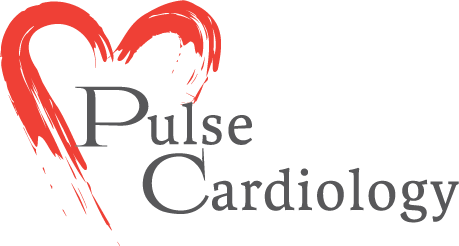What is Bradycardia, Symptoms, and Treatment?
Bradycardia is a medical term for conditions where a patient is diagnosed with a slow heart rate.
A person is suffering from Bradycardia when his or her heart beats less than 60 times per minute. The normal heart rate is sixty to a hundred times a minute.
Bradycardia is more common in people with a history of heart disease, drug or alcohol abuse. Age could also become a contributing factor. Regular heart health check-up and leading a healthy lifestyle is a great deterrent for this medical condition.
Causes
A patient diagnosed with heart disease is a primary candidate for getting diagnosed with Bradycardia.
Other causes of Bradycardia are as follows:
- Alcohol abuse
- High blood pressure
- Excessive stress or anxiety
- Drug abuse
- Sleep apnea
- Smoking
Symptoms
Bradycardia symptoms may or may not consist of the following:
- Fatigue
- Dizziness
- Light-headedness
- Difficulty breathing
- Chest pain
- Confusion
- Fainting
Treatment
Bradycardia treatment will depend on the cause, the patient’s overall health, age as well as the condition of his or her heart.
With that stated, here is a rundown of the various ways a doctor would treat a patient diagnosed with this disease:
- Change in the dosage of prescribed medications – Some medications can slow the heart rate of a patient. Hence, a doctor may or may not decrease the dosage of problematic medications as well as offer alternate solutions for the same with the aim of controlling the issue before things get out of hand.
- ICD (or Implantable Cardioverter Defibrillator) – It is a medical device that is powered by a battery. It is implanted under the skin of the patient. The role of this device is to keep track of the patient’s heart rate. If the patient’s heart rate drops below normal, the device will restore the heart rate by delivering an electric shock.
- Pacemaker – It is also a battery-powered medical device that emits electrical pulses the moment it detects abnormal heart rate. The electrical impulses excite the heart tissue of the patient thus restoring its ability to function normally.
- Treating underlying conditions (if any) – Bradycardia could also be the result of underlying medical conditions of a patient, especially if the individual has any form of heart disease. Another disease that can cause bradycardia is Hypothyroidism. It is a medical condition where the patient will suffer from imbalances in electrolyte content in their body. Sleep apnea can also cause bradycardia. A doctor will try to treat medical issues like these in order to indirectly treat bradycardia, in the process.
Here are multiple reasons why you need an EKG
Bradycardia is a by-product of heart disease. Hence to keep yourself from getting diagnosed with this disease you would need to keep your heart healthy. To do that, you would need to lead an active, healthy lifestyle.
You would need to:
- Stop smoking
- Stop consuming alcohol
- Stop using recreational drugs
- Stop consuming red meat, processed food items as well as stay away from saturated fats
- You would also need to control your stress levels and your anger
Follow these tips diligently and keep yourself from contracting heart disease. For the best results, be sure to monitor your heart health as well!
If you require assistance with your cardiovascular health, please schedule an appointment: +1 (909) 881-7400
